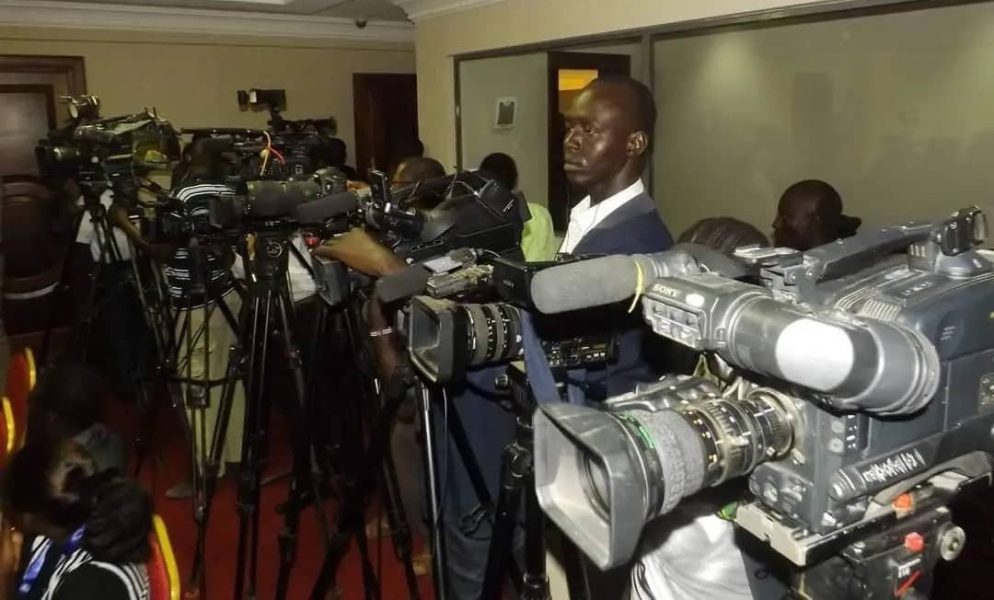
Journalists working for private and international media were once again denied access to the courtroom on Tuesday as the high-profile trial of First Vice President Dr. Riek Machar and seven senior SPLM-IO members entered its second day.
This continued media blackout has triggered widespread condemnation, especially after the presiding judge reaffirmed that the hearings were open to the public and press.
Despite Justice James Alala Deng’s clear directive that “the court remains a public institution,” reporters arriving at the High Court in Juba were met with barricades and heavily armed security forces.
No official explanation was given for the exclusion, and attempts by journalists to gain entry were met with hostility. Some have reportedly been detained, interrogated, and warned against covering the proceedings.
The trial, which centers on charges of incitement and subversion following the Naasir incident earlier this year, has drawn national attention. Yet the great portion of the public remains largely in the dark, with media workers describing the situation as a deliberate attempt to suppress coverage of a politically sensitive case.
Journalists denied access have taken to social media to express their frustration and fear. Posts detail instances of arbitrary arrest, intimidation, and even physical mistreatment. One freelance reporter alleged in a post on his Facebook timeline, “I was detained for hours and later released without charge. They said I was taking pictures of the security forces. Another described being washed by rain as he was denied entry and had nowhere to shelter.
The exclusion of journalists from a trial of such national significance has become more than a procedural issue; it is now a flashpoint in the broader struggle for accountability and civic rights in South Sudan.

